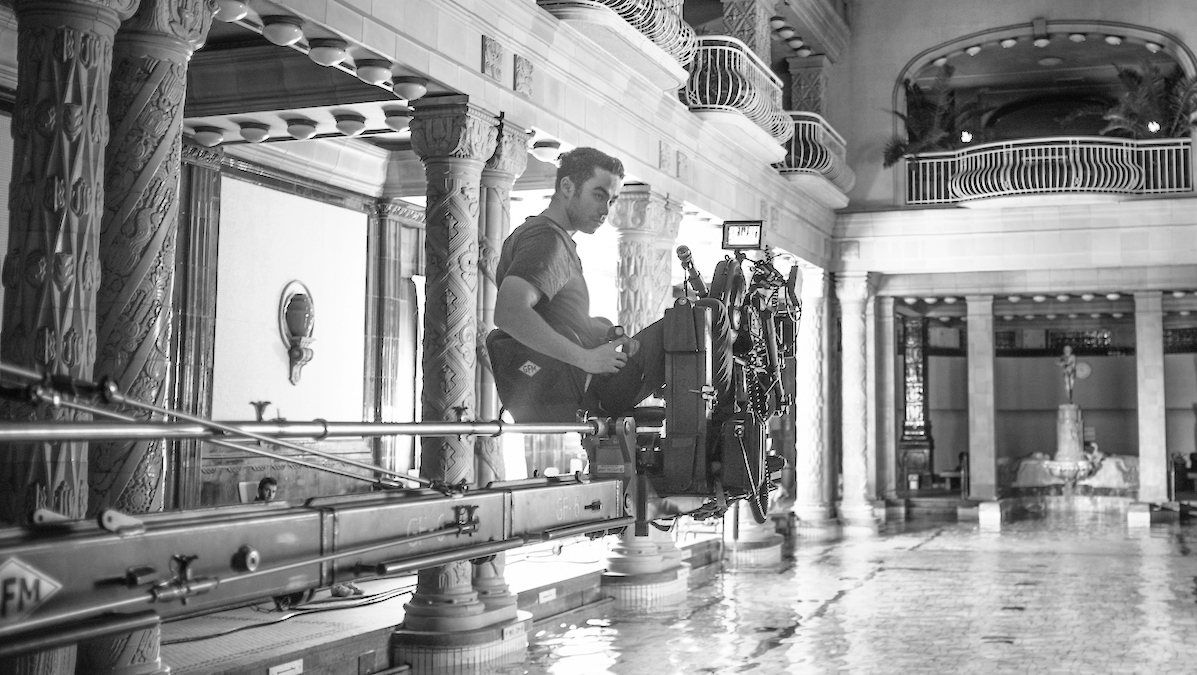
Ben Braham Ziryab grew up in Copenhagen, Denmark. He started with music. Ben took guitar lessons and he was playing in a band. Ben Braham Ziryab was also interested in still photography and drawing. ~At the same time, I watched a lot of movies. I remember being fascinated by big screen epics like Lawrence of Arabia, 2001: A Space Odyssey and some of the big westerns,” says Ben.
So, from an early age it was obviously, I was naturally creative. I was certainly not going to be an accountant. Slowly, I realized that movies had an element of photography in them. It made perfect sense to start shooting video. I shot music videos in Denmark for a few years. I always wanted to come to America, so when I was 18, I packed my things and moved to California.
During school I won the Kodak award and I won the European Cinematography Awards shortly after school. I was recently nominated by the ASC for the Heritage Award. I worked on a lot of projects and eventually got to shoot independent feature films. Today, I travel and shoot as a documentary cameraman for the United Nations. So far I’ve worked on projects in over 15 countries.
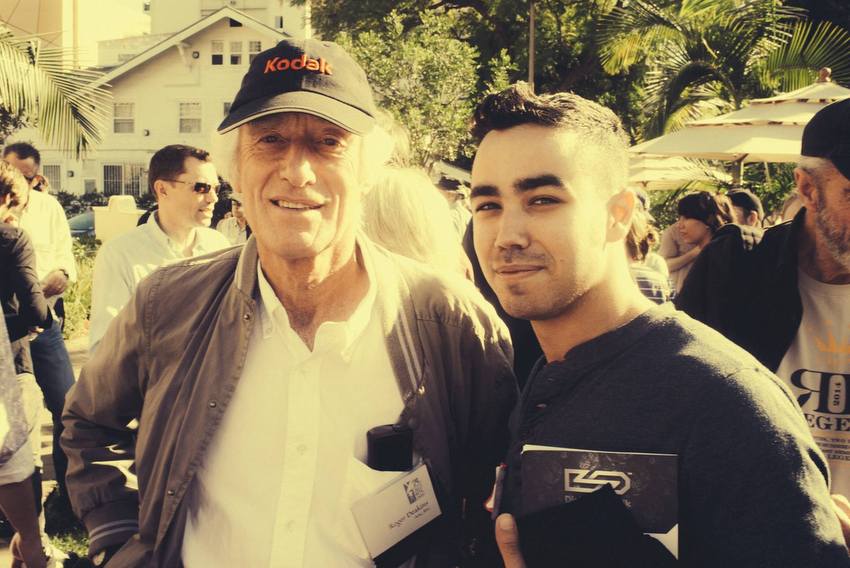
indieactivity: Did you study cinematography?
Ben Braham Ziryab (BBZ): I went to film school at San Diego State University which was not only the best decision of my life personally, but there was so much that I learned in the 5 years I spent in college. It wasn’t what you would call a cinematography program. Rather it was a general film program that gave me the freedom to pick my area of interest.
I got to shoot as much as possible and there was sort of my way of making mistakes and learning from that. One of my favorite classes was actually in the Art Department, which was a darkroom photography class. It was just a revelation to see what a camera obscura looked like, how light actually works and how images are produced chemically.
What is your most recent project?
Ben Braham Ziryab (BBZ): My most recent project is a crime drama feature set in Barcelona. The film follows Bobby, a big hearted, womanizing, small-time dealer who steals cars for an insurance scam as his 18-year-old sister comes to visit him for a holiday.
Watch the showreel by Ben Braham Ziryab
How do you prepare for a new project?
Ben Braham Ziryab (BBZ): On a narrative project, the first step is to read the Script. That’s always number one. The Script is the blueprint, it tell you what the scope and language of the project is. Shortly after, I discuss the script with the Director and apply that conversation to the Director’s vision for the project. Then when we know what we are going to do, we try to work that into the shooting schedule with the 1st assistant director.
Complicated sequences, especially those involving visual effects, are storyboarded and previsualized. I work with the Chief Lighting Technician and Key Grip to prepare technical solutions. There’s a whole collaboration that happens with the Production Designer, Costume Designer, Hair and Make-up artists. Together we come up with a look, feel and color palette. All in service of telling the story.
Who is your favourite cinematographer?
Ben Braham Ziryab (BBZ): There are so many that I admire. Terrence Malick, Emmanuel Lubezki or Chivo, and Alexander Knyazhinsky. Jordan Cronenweth, Tonino Delli Colli, Freddie Young, and Takao Saitô. Shôji Ueda, Subrata Mitra, Wally Pfister, and Robert Richardson. Vittorio Storaro, and Janusz Kamiński. I could go on. Lately, I’ve been eying the work of Charlotte Bruus Christensen and Dan Laustsen.
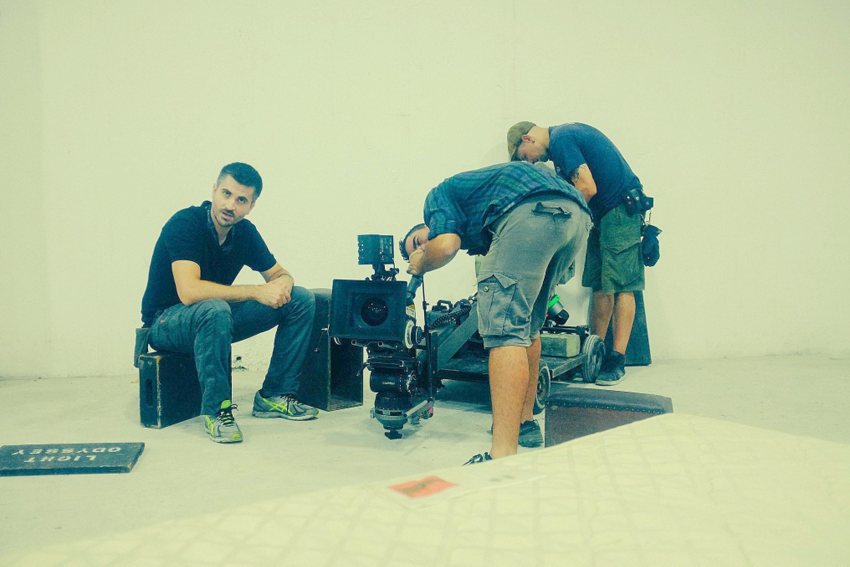
What is the difference between a Cinematographer and a Director of Photography
Ben Braham Ziryab (BBZ): It means the same thing, the only difference is the terminology. In mainland Europe you use the term D.O.P. IBack in the UK, the traditional term is Lighting Cameraman. In Hungary a DP is called a Chief operator. In the U.S and Canada, you say Cinematographer or Director of Photography or DP. Vittorio Storaro who is one of the most talented cinematographers in the world actually insists on the term Cinematographer and is never credited as a Director of Photography.
What brand of camera is your favourite?
Ben Braham Ziryab (BBZ): Well I wouldn’t say I have a favorite brand. It depends on the production, what’s available and what the Director wants. We will often use multiple brands of cameras. One system might be good for one thing, another system for something else. So we pick the best tools for the job. It further depends on where you’re shooting. Maybe you think Panavision would be great, but they don’t exist in the country you’re working in so you go with the equipment that’s available.
What do you look for in a camera?
BBZ: I look for a number of things, but that’s different for every shot and show. Is the camera going on a remote head, are we going handheld, what’s the size of the crew? Am I putting it on a Steadicam? The decision is always a combination of practical, logistical, aesthetic and economic factors.
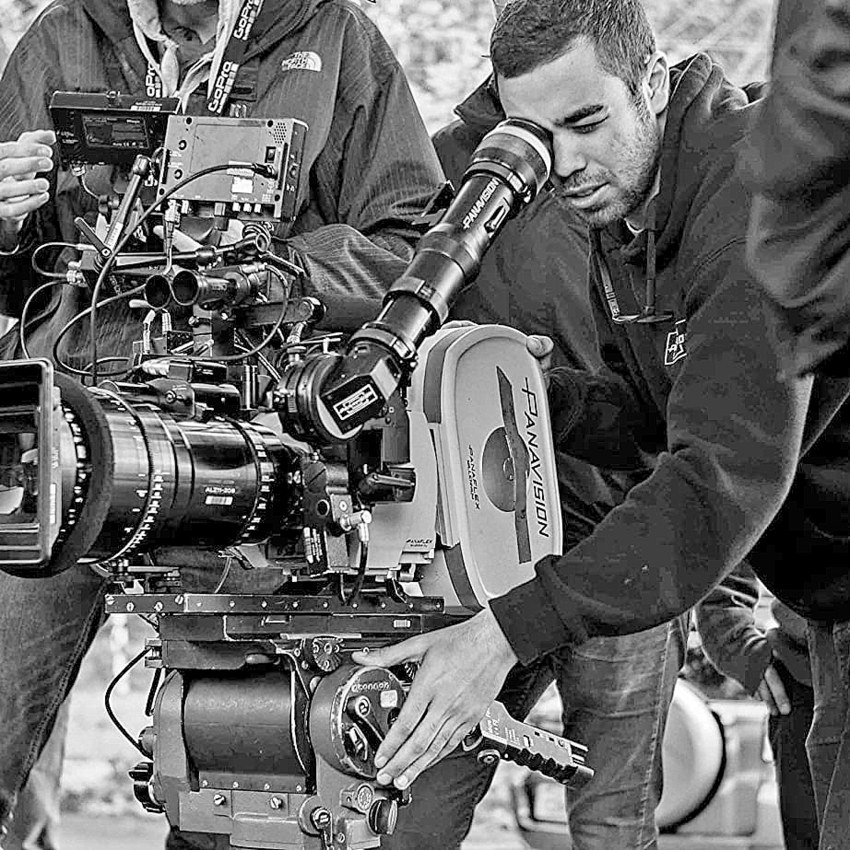
How do you like to work with you camera crew?
BBZ: I think there should be mutual respect and trust for the crew as well as admiration. The department heads get the recognition, but in reality there is a whole army of people who made a project come together. The first assistant cameraman for example is an enormously demanding job that requires a certain amount of talent, skill and attention to detail.
Not to mention, they’re constantly on their feet. So I think it’s important to understand the team effort and admire everyone’s job, and thank them for their work. As far as the specifics and level of the collaboration, that depends on the relationship I have with that person.
Is there a science behind what you do?
BBZ: Absolutely there is science behind filmmaking. There is a lot of technology which is constantly evolving, new ways to move and place the camera but I feel that you don’t need to know everything. Personally I am not very technical. I certainly don’t know how a sensor works or exactly how film reacts to light.
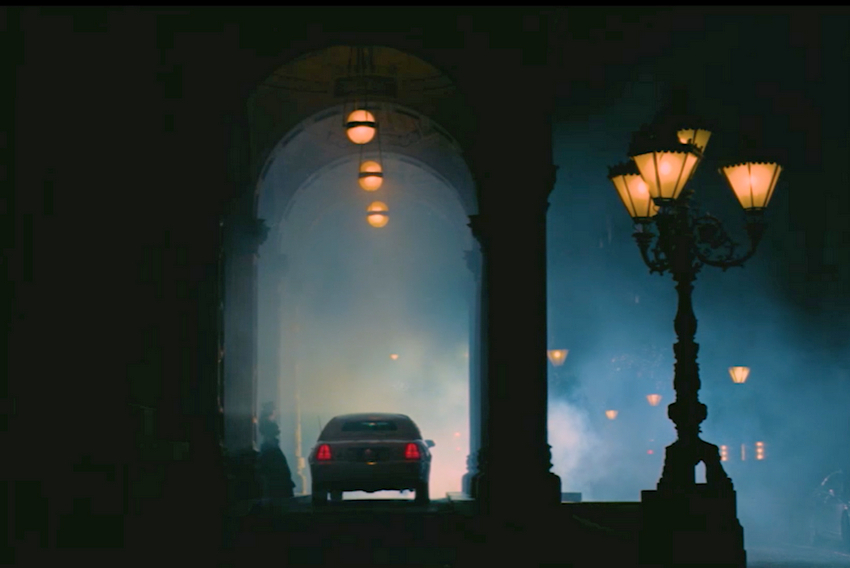
There are things like this that falls outside practical application, so you rely on the experts at the lab, rental houses and the manufacturer’s recommendations. However, a good amount of prep that allows for testing can be quite helpful in learning the technology prior to the shoot.
What is your gear on an indie production?
BBZ: A camera, a good fluid head and a good dolly. That’s it. I don’t believe you need big or complicated camera moves to make a good project.
What gear would you pick out for a big budget production?
BBZ: If the sky’s the limit and for certain types of films, I would love to make a film in 15-perf IMAX. I guess that’s the holy grail for a lot of people.
What doo you want most from a director?
BBZ: I want a director who is a good storyteller, someone who is not boring and who has a strong vision.
What do you want most from an actor?
BBZ: From an actor, I just hope for a good performance. A strong performance can overpower any photographic achievement.
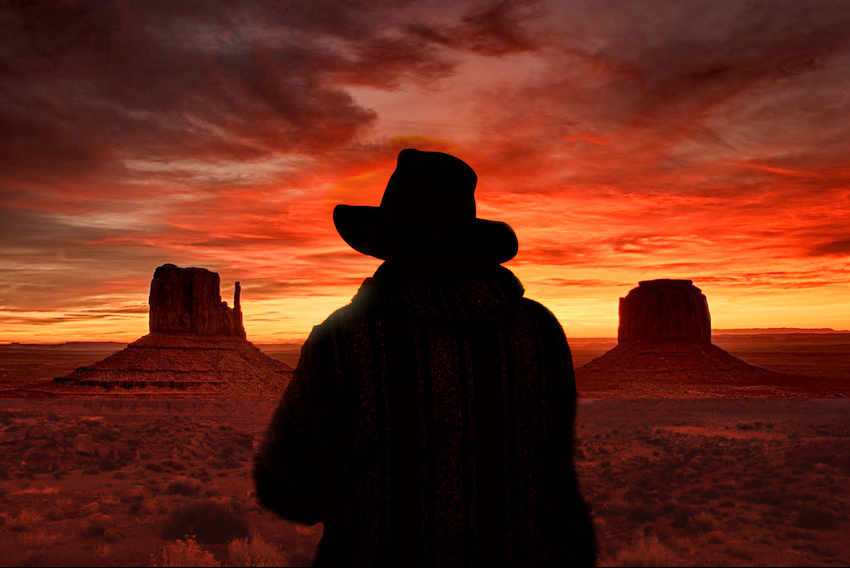
What advice would you give to DOPs?
BBZ: My first advice is to stay original to your personal taste. You should never copy someone else. Second, while realizing this is a tough and very competitive field, you should take risks and not be afraid to fail.
Tell us what you think of the interview with Ben Braham Ziryab. What do you think of it? What ideas did you get? Do you have any suggestions? Or did it help you? Let’s have your comments below and/or on Facebook or Twitter.
Follow Ben Braham Ziryab on Social Media
Website
IMDb
Facebook
Instagram
Vimeo
MORE STORIES FOR YOU
Where We Stay by Florence Bouvy to Screen at CIFF
Where We Stay | CIFF Selected Drama About Friends Hiding Unspoken Truths
This Place by V.T. Nayani: Two Women in Love for the First Time on VOD & DVD March 25
Freestyle Acquires “This Place” for March Release
Sonoma International Film Festival Wraps with Unforgettable Films, Culinary Cinema and Packed Pop-In Events
Sonoma International Film Festival Grand Jury and Audience Award Films Announced
Livestreams with Grandmapuzzles by Emily Sheskin to Screen at CIFF
CIFF Selected Documentary About Twitch Streaming Jigsaw Puzzler
VisionRey Snags Acceptance for 2 Films at FilmApalooza
VisionRey is a Mexican-American Female-Led Film Company
Pomegranate by Weam Namou: on VOD Platforms and DVD on March 4
Freestyle Acquires Dramedy “Pomegranate” for March Release
Into The Spotlight by Thaddeus D. Matula: on VOD and DVD February 21
Freestyle Acquires Doc “Into the Spotlight”









